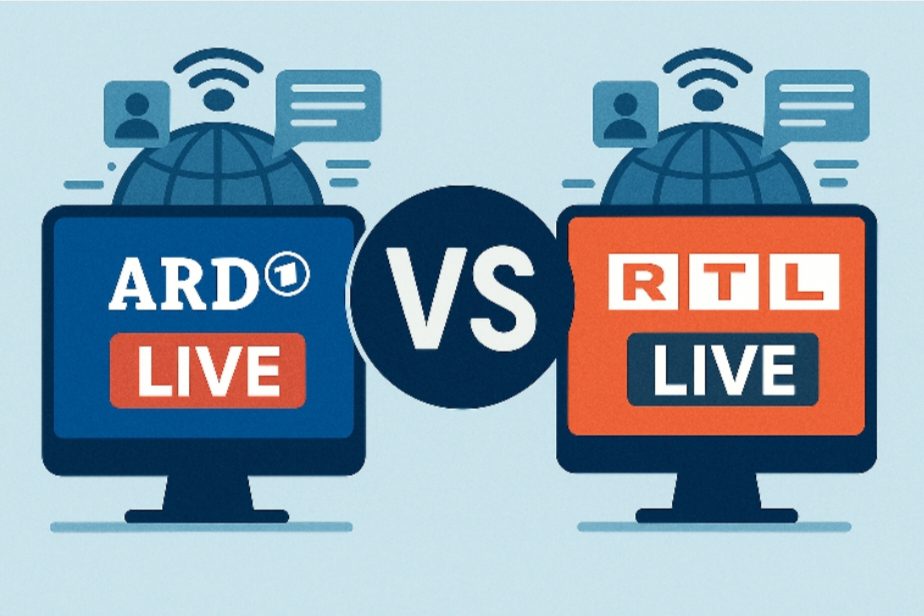
Contents
Why is it Important to Know When to Turn to the Labor Court?
Labor relations are a complex system, and sometimes, despite the goodwill of both parties, disputes and disagreements may arise. As employees, you have rights enshrined in law, collective agreements, and extension orders, and it is important that you are aware of them and know how to exercise them. The Labor Court was established precisely for this purpose – to serve as a professional and dedicated judicial instance that deals with disputes arising from labor relations.
Knowing when it is right to turn to the Labor Court can save you time, energy, and even money. Instead of trying to resolve disputes independently with an uncooperative employer, turning to the court at the right time can ensure that you exercise your rights according to the law. In this article, we will go over the main cases in which it is recommended to consider filing a claim, and explain the important steps and emphases in this process.
In Which Cases is it Recommended to File a Claim with the Labor Court?
Filing a claim with the Labor Court is an important step that should be seriously considered when you encounter significant problems in your labor relations. The most common cases in which it is recommended to turn to this instance relate to the violation of employee rights by the employer.
One of the most common situations is non-payment of wages, severance pay, or social benefits that you are entitled to by law or agreement. This can include non-payment of recreation pay, vacation pay, sick pay, contributions to pension or study funds, and more. If you have worked and your financial rights have been violated, the Labor Court is the address to claim what you are owed.
Disputes over the amount of payments, employment conditions agreed upon at the time of hiring, or even the existence of labor relations (for example, in cases of employment as a freelancer that you claim is actually an employee-employer relationship), are also justified grounds for turning to the court. The court will examine the evidence and determine the correct conditions and the amounts you are entitled to.
Unlawful dismissal is another significant reason for filing a claim. If you were dismissed without a proper hearing, for discriminatory reasons (such as pregnancy, age, nationality, gender, etc.), or in violation of an employment agreement or other legal provisions, it may be an unlawful dismissal and you may be able to claim compensation. Also, failure to receive prior notice of dismissal or resignation, in accordance with the requirements of the law, constitutes a violation that justifies turning to the court.
In addition to these cases, there are other violations of labor laws such as wage withholding (delay in payment of wages beyond the date stipulated by law), non-payment of overtime or global hours that do not reflect actual working hours, and failure to make deposits to provident funds and pensions as required. Any violation of the rights granted to you by law can form the basis for a claim.
It is important to remember that it is usually recommended to try to resolve the dispute with the employer amicably before filing a claim. But when these attempts are unsuccessful and the employer continues to violate your rights, filing a claim with the Labor Court becomes a necessary step to enforce your rights and receive the remedies you are entitled to. Disputes with the National Insurance Institute, for example regarding allowances or unemployment benefits, can also be clarified in the Labor Court.
What are the Important Emphases Before and During Filing a Claim with the Labor Court?
Before you rush to file a claim with the Labor Court, there are several important emphases that you should be aware of in order to act correctly and increase your chances of success.
First, you should know that monetary claims up to the amount of 39,500 ₪ (as of 2025) are heard in the “fast track” procedure. This procedure, as its name suggests, is intended to be more efficient and simpler than the regular procedure, and usually allows for a judgment to be obtained in a shorter period of time. If the amount of your claim is relatively low, know that there is a possibility to proceed in an expedited procedure.
Another critical emphasis is the importance of collecting and attaching relevant documents to the statement of claim. The court bases its decisions on evidence, and documents such as your employment agreement, pay slips from the entire period of employment, letters of dismissal or resignation, attendance reports, correspondence with the employer (emails, WhatsApp messages) and any other document relating to labor relations and the dispute, are of paramount importance. Be sure to collect all relevant material before filing the claim and attach it as appendices to your statement of claim.
The claim can be filed independently, without legal representation. However, in more complex cases, when high amounts are involved, complex legal issues or when the employer is represented by a lawyer, it is highly recommended to consider using the services of a lawyer specializing in labor law. Professional legal advice can help you properly assess the chances of the claim, formulate the statement of claim in a proper legal manner, and act correctly during the hearings in court.
Finally, you need to know where to file the claim. The claim is filed with the Regional Labor Court in whose jurisdiction your main place of work is located, or alternatively, the place where the work was actually performed. There are several regional labor courts throughout the country (in Tel Aviv, Jerusalem, Haifa, Beersheba and Nazareth), and you must locate the court that is appropriate for your case. Ensuring that the claim is filed with the correct court is important to prevent delays and complications in the process.
When is Filing a Claim with the Labor Court the Right Step for You?
As we have seen, filing a claim with the Labor Court is the right and necessary step when your rights as employees have been significantly violated, or when there is a material dispute with the employer that you have not been able to resolve through direct dialogue. The Labor Court is designed to protect your rights and allow you to exercise what you are entitled to by law.
Whether it is non-payment of wages, severance pay, social benefits, unlawful dismissal, or any other violation of your employment conditions, the Labor Court is the central and professional address for clarifying and resolving these disputes. Do not hesitate to turn to the court when other attempts have failed, and remember that you are not alone in the battle to exercise your rights at work.









